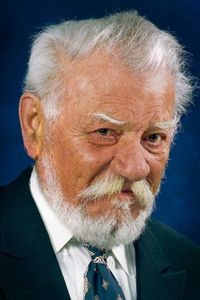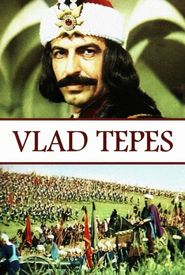Ernest Maftei, a celebrated and accomplished Romanian performer, is notable for his multifaceted talents in film, theater, poetry, and music. His academic odyssey commenced at the reputable Normal School in Bacau, where he laid the foundation for his future endeavors. However, it was his subsequent six-year tenure from 1941 to 1945 at the esteemed Academy of Dramatic Art in Iasi that allowed him to refine his remarkable skills on the violin, further solidifying his reputation as a master musician.
Maftei's entrance into the world of cinema was marked by his inaugural appearance in the 1950 film Rasuna valea, where he made a significant and memorable contribution, albeit in an uncredited capacity. This marked the beginning of a long and distinguished career, which would eventually span over 100 films, with the majority of his roles being in supporting capacities.
Notable among the plethora of cinematic endeavors undertaken by this esteemed thespian is a diverse array of iconic roles, which have left an indelible mark on the annals of film history. These include, but are not limited to, the titular character in Haiducii (1966),a cinematic masterpiece that has stood the test of time. Furthermore, his performances in Reconstituirea (1968) and Osânda (1976) have been widely acclaimed, cementing his status as a master of his craft.
Maftei's multifaceted talents extended far beyond his remarkable acting prowess, as he was also a passionate champion of the arts. In a remarkable display of collaborative spirit, he joined forces with esteemed colleagues Colea Rautu and others to establish the Romanian Cinematographers Union, a bold testament to his unwavering dedication to nurturing and promoting the country's rich cultural heritage.
Maftei's personal life was characterized by a solitary marriage, which bore fruit in the form of a son, Gheorghe Maftei, a remarkably gifted plastic artist. This union, a testament to his enduring commitment to the institution of marriage, would ultimately yield a talented offspring who would follow in his footsteps, embracing the world of art.
As the tide of history began to shift in 1989, Maftei found himself drawn into the vortex of politics, his actions precipitated by a profound sense of disillusionment with the communist regime. It was on the night of December 21st, in the midst of a frigid winter, that he joined the throngs of Romanian youth gathered in University Square, united in their quest for freedom and democracy. This inaugural foray into the realm of politics marked the beginning of a prolonged and arduous journey, as Maftei continued to participate in street demonstrations throughout 1990, his unwavering dedication to the cause a beacon of hope in the face of adversity.
As the communist regime crumbled, Maftei's career in film continued to flourish, solidifying his status as a cherished and esteemed actor. His significant contributions to the growth and evolution of national art and culture were duly acknowledged with the prestigious UCIN award, commemorating the 50th anniversary of cinematography. Additionally, he received the "Diploma of gratitude" from the governing board of the Union of Film Authors and Producers of Romania, a testament to his enduring impact on the industry.
Ernest Maftei's remarkable journey on this earth finally drew to a close on the 19th of October, 2006, in the vibrant city of Bucharest, Romania, where he had made a profound impact on the lives of those around him, leaving behind a legacy that will undoubtedly be cherished by future generations for years to come, a testament to his enduring influence and the lasting impressions he left on the world.






















